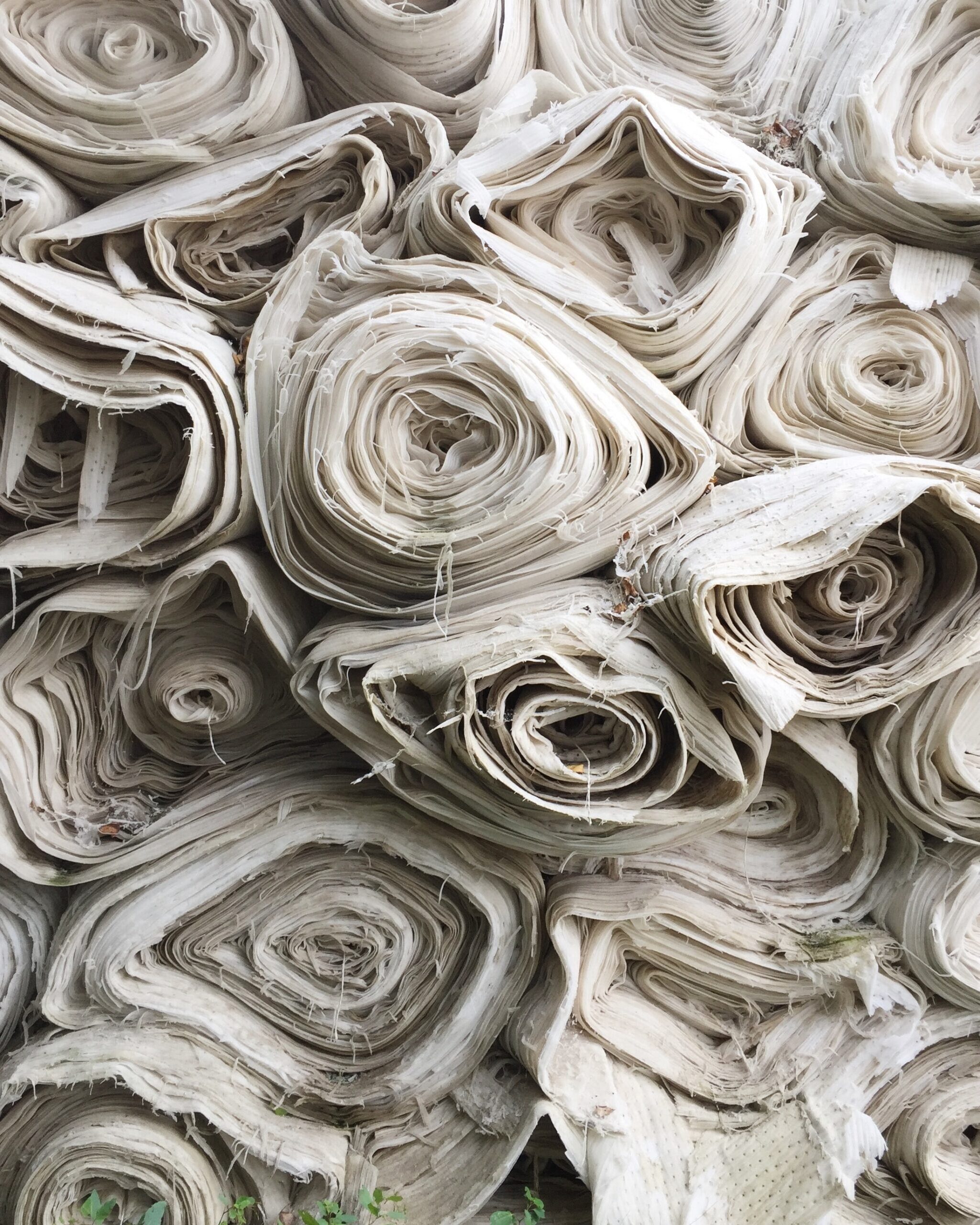
Future Forward Factories
The “Future Forward Factories” project, initiated by Fashion for Good, focuses on transforming tier 2 processing in the textile industry through innovative low-impact, decarbonisation solutions. It aims to generate actionable blueprints for factories of the future that combine renewable energy and technology upgradation including mostly dry processing innovations. These blueprints take into account the macro geographical factors that are customised for every product to achieve next-zero facilities with a strong return on investment.
Problem Statement
While many textile factories focus on climate goals using proven technologies like renewable energy and water treatment, there remain gaps in integrating disruptive innovations in processing. Current decarbonisation efforts fail to fully utilise dry processing technologies and lack a scalable blueprint for sustainable factory setups that can operate commercially.
Executive Summary
The project aims to scale decarbonisation efforts in textile manufacturing by creating an open-source portfolio of factory blueprints. These blueprints will showcase best-in-class, low-impact solutions across different geographies and product categories, demonstrating how both new and existing solutions can come together to drive the industry towards net-zero emissions. By engaging strategic supply chain partners, we aim to operationalise these blueprints in various geographies, these demonstrator projects will help the existing supplier ecosystem to understand the operability of climate positive factories and will be able to pick and choose solutions out of these for their transition journey practices.
Goals of the Project
-
Create an open-source portfolio of hyper-local, product-specific blueprints in seven manufacturing countries.
-
Establish new “demonstrator facilities” to showcase the operational viability of these blueprints.
-
Form a consortium of suppliers, brands, and innovators to scale low-impact processing technologies.
-
Develop financing models that blend debt, equity, and brand financing to support these innovations.
-
Partners
Relevant Resources

What is textile processing? Understanding the fashion supply chain and its environmental impact

Good Fashion Fund Launches to Invest in Supply Chain Innovation

Fashion Players Team Up to Slash Textiles' Water and Carbon Footprint

How a Kering and adidas-Led Consortium Aims to Dry Out Fashion’s Water Problem
Global accelerator Fashion for Good has announced a new consortium, the D(R)YE Factory of the Future project, backed by Kering and adidas, among others, aimed at reducing water use in textile production. The initiative is directed at accelerating the fashion industry’s shift to dry textile processing—methods that use little to no water, produce no wastewater and reduce overall energy use.
Other Projects

The Next Stride: Bio-based Materials for Footwear Soles
“The Next Stride: Bio-based Materials for Footwear Soles” aims to validate the performance and environmental impact of bio-based polymers as sustainable alternatives to the fossil fuel-derived materials currently used in footwear soles. The objective is to collectively de-risk the transition to these “next-generation” materials by rigorously testing their technical properties and assessing environmental benefits. Ultimately, the purpose is to accelerate the adoption of these bio-based solutions and pave the way for a more sustainable footwear industry.

Beyond50 Denim: Combining Cottonised Hemp And Green Chemistry
“Beyond50 Denim: Combining Cottonised Hemp And Green Chemistry” aims to validate the performance and environmental impact of cottonised hemp processed with green chemistry to act as a true alternative to cotton in denim applications. The project goal is to evaluate the performance of SEFF’s cottonised hemp fibre in combination with Fibre52’s bio-friendly chemistry solution within denim fabric applications with a total hemp content of 50% and above. The fabrics will be benchmarked against conventional 100% cotton denim with a specific focus on handfeel and aesthetic characteristics.

Price Parity Toolkit
The Price Parity Toolkit (PPT) was designed to help bridge the price gap between next-gen* and conventional materials. Developed by Fashion for Good with the support of Canopy, this industry-supported framework introduces a financing mechanism that decouples price premiums at early stages of the supply chain to enable adoption and drive the scale of lower-impact materials.









